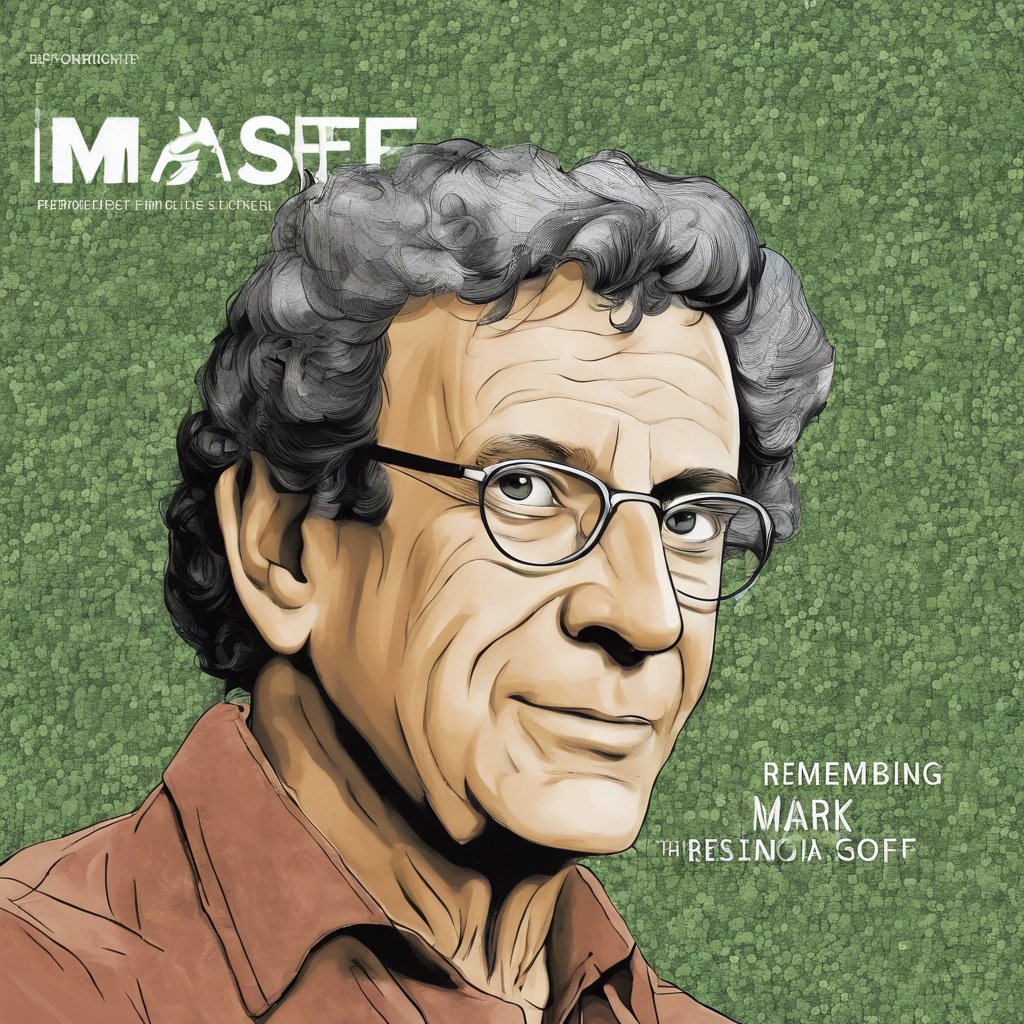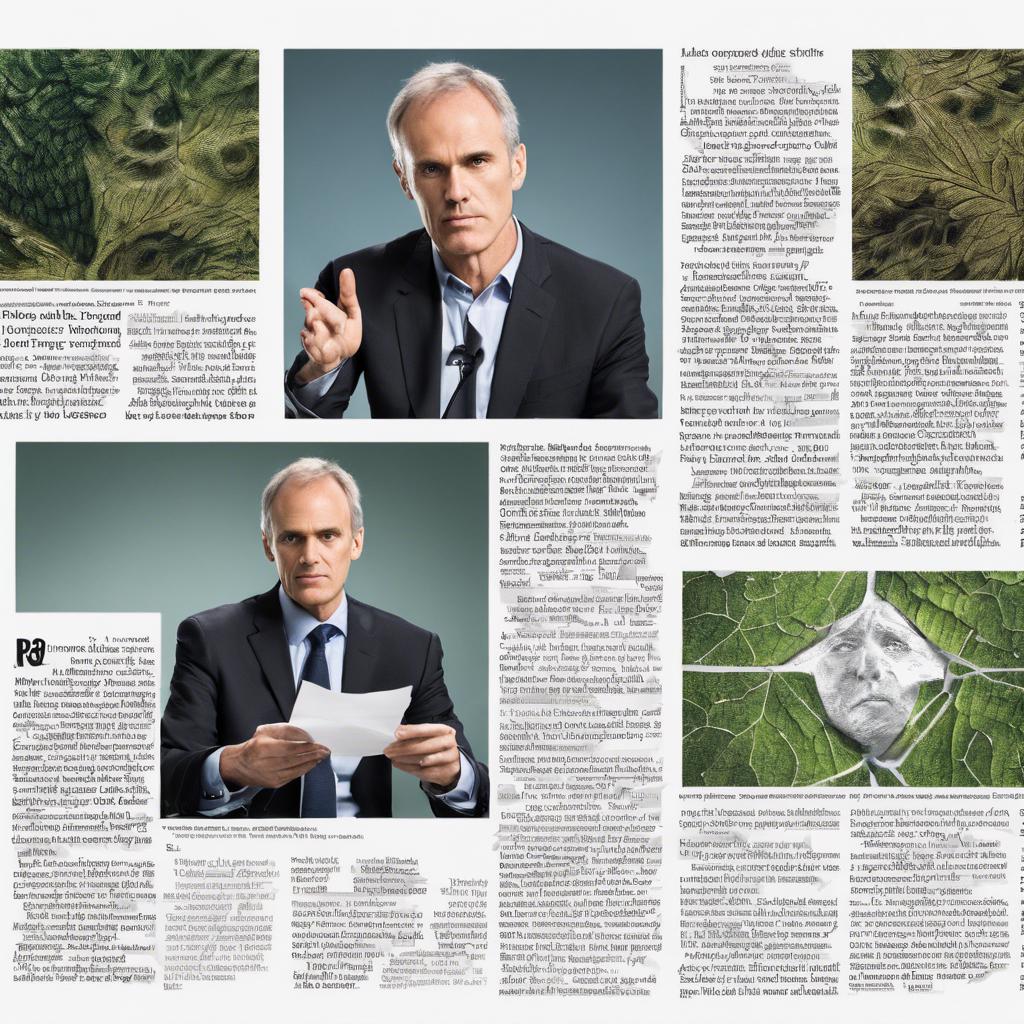Mark Sagoff’s groundbreaking work challenged modern economic models and emphasized the importance of intangible values in environmental ethics.
Mark Sagoff, a renowned philosopher and scholar, passed away on December 12 at the age of 82. Throughout his career, Sagoff played a pivotal role in redefining concepts of environmental ethics, arguing that modern economic models have lost touch with intangible values such as cultural memory and the soul-soothing beauty of nature. His work bridged the disciplines of economics, public planning, and conservationism, delving into metaphysical questions that drew from centuries of philosophical inquiry. Sagoff’s contributions broadened principles within the environmental movement and opened new fields of academic inquiry. Let us explore the legacy of this influential thinker and the impact he had on our understanding of the environment.
Challenging the Idea of Everything for Sale
Sagoff’s work sought to challenge the prevailing notion that everything is for sale and nothing is sacred. In a 1995 speech, he expressed his concern about this idea and its implications. His books, essays, and lectures aimed to broaden the principles within the environmental movement, emphasizing the worth and moral standing of natural resources, communities, and ways of life. Sagoff believed that these intangible values were often overlooked in modern economic models and policy-making processes.
Advocating for Nature’s Rights
One of Sagoff’s notable contributions was his advancement of legal theories that envisioned cases on behalf of the natural world itself. He was inspired by a landmark case in the early 1970s, where the Sierra Club sued a proposed ski resort near Sequoia National Forest in California. Although the Sierra Club did not have standing in the case, Justice William O. Douglas argued in a dissenting opinion that environmental groups should be allowed to sue on behalf of nature. This case was a defining moment for Sagoff, shaping his philosophical perspective and inspiring him to explore how government agencies, lobbyists, and business executives could protect nature.
Balancing Growth and Environmental Concerns
Contrary to popular belief, Sagoff did not oppose growth. He recognized the need for housing and increased agricultural output to meet the demands of a growing population. However, he took issue with the way policies were made and argued that due diligence should extend beyond the expected checklist of environmental impact studies and economic factors. Sagoff believed that the soul of a place, collective memory, and ties to nature should also be considered. He questioned how to put a price tag on intangible values such as an uninterrupted mountain view or the familiar flow of a river.
A Voice Against Dogmatic Environmentalism
While Sagoff advocated for the consideration of intangible values, he also criticized dogmatic environmentalism. In his seminal work, “The Economy of the Earth: Philosophy, Law, and the Environment,” he called out American environmentalists for being too rigid in their opposition to any encroachment on nature, even if it could benefit the public good. Sagoff believed that a balance could be struck between environmental concerns and societal needs.
A Philosopher with a Unique Perspective
Sagoff’s work was characterized by his ability to blend academic rigor with pop culture references and unconventional examples. He explored diverse topics such as the ethics of patenting blood cells and the significance of art forgeries and reproductions. Sagoff’s unique perspective challenged traditional boundaries and encouraged readers to think critically about complex ethical and environmental issues.
Conclusion:
Mark Sagoff’s contributions to environmental ethics have left an indelible mark on the field. By emphasizing the importance of intangible values and challenging modern economic models, Sagoff broadened our understanding of environmental ethics and policy-making. His work serves as a reminder that while economic considerations are crucial, they should not overshadow the inherent worth of nature, cultural memory, and our connection to the environment. As we reflect on Sagoff’s legacy, we are reminded of the need to strike a balance between growth and environmental concerns, ensuring that our decisions reflect the complex interplay between economics, ethics, and the environment.











